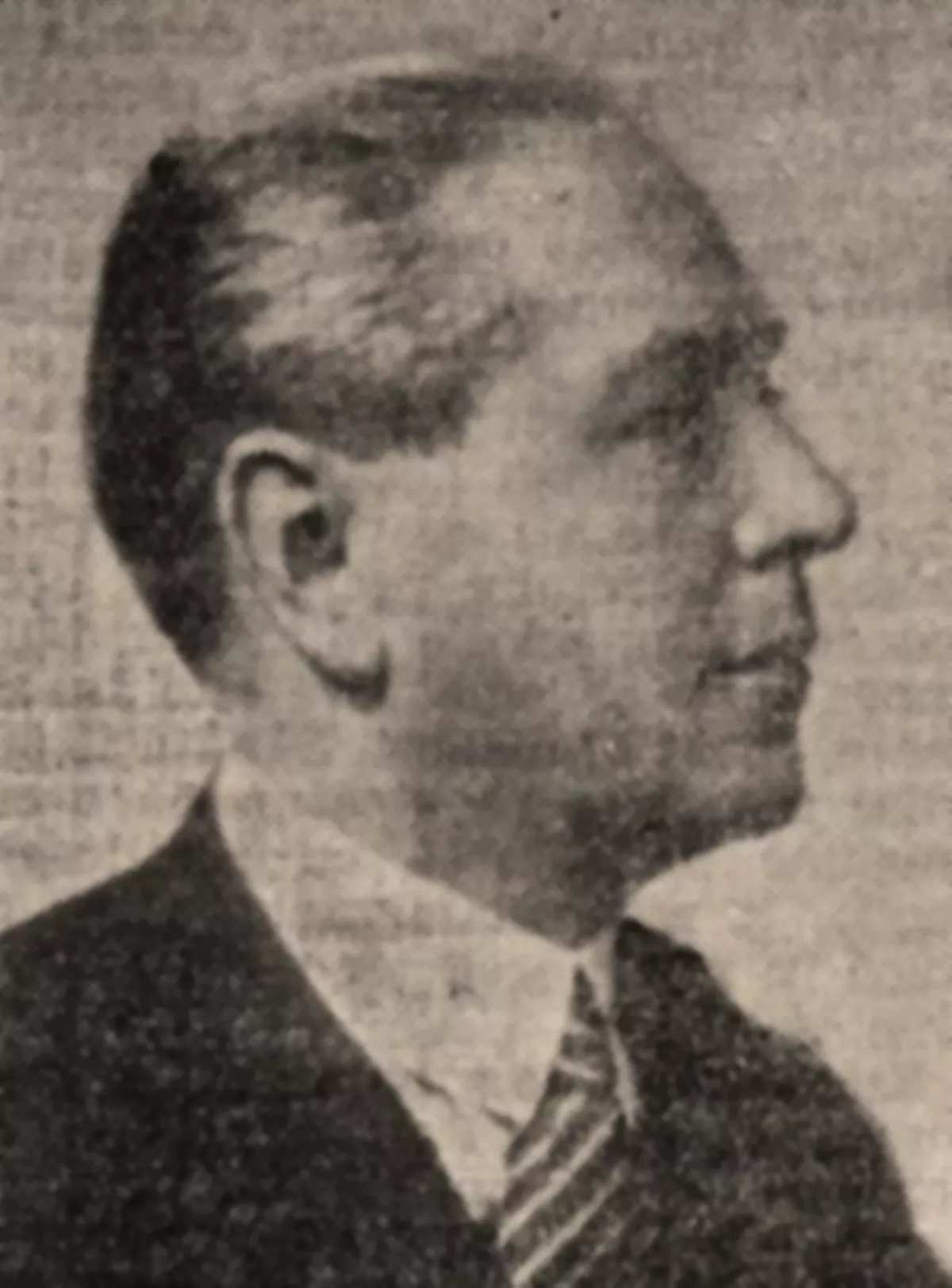 1.
1. Aristide Blank was drafted as a junior officer in the Second Balkan War and again in World War I, though he did not see action during the latter; instead, he advanced causes related to Romanian nationalism, as well as his own agenda, in the Russian Republic, in the Far East, and eventually in France.